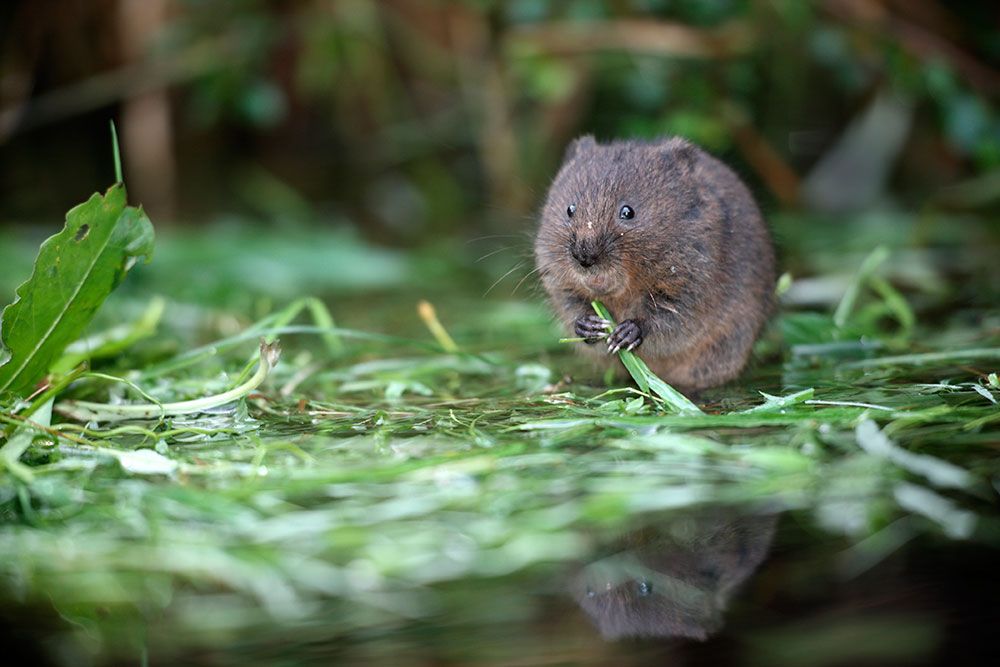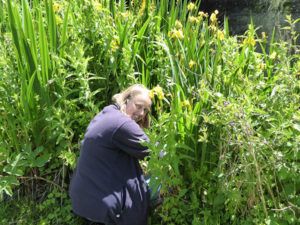Have 15 years of mink trapping had a positive influence on water vole populations in Suffolk?

American mink first arrived in the county in the 1970s. By the end of the century their numbers had increased to such an extent that water voles were in severe decline
Funding for this project has now finished
The Problem
In 1997 a team from the Suffolk Wildlife Trust (SWT) carried out a survey looking for evidence of water voles in Suffolk. Across the UK water vole numbers had plummeted. Unfortunately the evidence in Suffolk showed a similar, worrying picture. The team visited 251 sites and only 33% had signs that water voles were living in the area. American mink first arrived in the county in the 1970s. By the end of the century their numbers had increased to such an extent that water voles were in severe decline.
Trapping mink started in the early 2000. Since 2003 the effort was coordinated, with 2,759 mink culled in Suffolk between 2002 and 2016. Has this huge effort made a difference to our water voles? We’re supporting work at SWT now to find out.
 The Solution
The Solution
Simone Bullion and Alison Looser are leading the work in Suffolk, carrying out water vole surveys in six river catchments, revisiting the original survey sections and recording water vole evidence and habitat quality. This will be compared with the original data collected in 1997 and two subsequent surveys in the 2000s.
The survey will focus on water vole field evidence. The team will look for feeding remains, droppings, latrine counts and burrows. Habitat information will also be collected so we can see if any restoration work that has taken place over the past few years has also helped water vole populations.
Thank you to all our donors who helped us fund this work. You can help us support more projects like this with a donation today:
